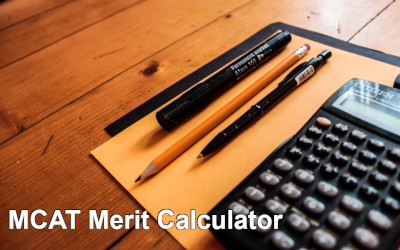The Islamic calendar, also known as the Hijri calendar, is a lunar calendar used by Muslims worldwide to determine religious observances and rituals, such as the start of Ramadan or Hajj. Unlike the Gregorian calendar, which is solar-based and used by most of the world today, the Islamic calendar is based on the cycles of the moon. This means that each month begins with the sighting of the new moon.
The Islamic calendar consists of 12 months, similar to the Gregorian calendar, but each month has either 29 or 30 days, depending on the sighting of the moon. This results in an Islamic year being approximately 10 to 12 days shorter than a Gregorian year. Therefore, Islamic dates do not align with the Gregorian dates, and the “date today” in the Muslim calendar will be different from the Gregorian date.
It’s important to note that the Islamic calendar holds significant religious and cultural importance for Muslims around the world. The dates of major Islamic events, such as Ramadan, Eid al-Fitr, and Eid al-Adha, are determined based on this calendar. Therefore, knowing the “date today” in the Muslim calendar is crucial for Muslims to observe these important events.




